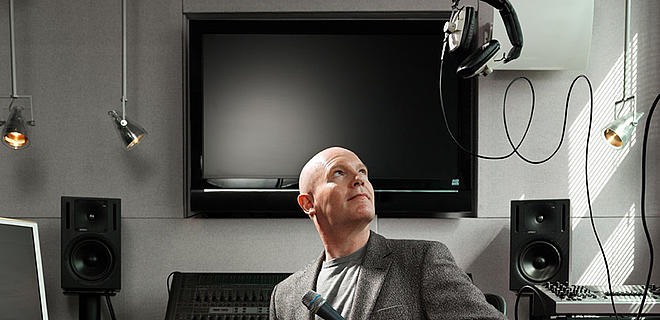When the subject of listening comes up, I always remember a friend saying that "we have two ears and one mouth, so we should listen more than we speak." We spend about 60% of our communicating time listening, yet only retain a quarter of what we hear.
Parents and teachers are often telling adolescents so much in order to guide them in a safe and productive direction. It can be difficult, exhausting, and frustrating to constantly have to repeat instructions, remind, and find different ways to get or keep their attention, especially when listening to those instructions and reminders pertain to a task that must be completed for their own benefit or that of the family, group, or team.
Julian Treasure defines listening as "making meaning from sound," and that it is "a mental process of extraction," that uses techniques such as pattern recognition, differencing, and filters that create our reality. He goes on to explain that "sound places us in space and time."
In his TED talk, Treasure lives to listen and believes that the fact that we are losing our listening is not a trivial matter. He provides 5 ways to listen better. Give your thoughts or opinions about two of the following points addressed in the video:
- Treasure lists consequences of losing listening. How have you experienced any or all of those consequences?
- Conscious listening as an access to understanding.
- Your understanding of the importance of the five exercises to increase conscious listening.
- The impact of losing listening on aspects of one's life (school, work, play, relationships).
- Your plan to practice these five exercises.
Remember to identify which numbers you are responding to.
*** Now would be a good time to refer to the Blog Evaluation Criteria in the Syllabus – before commenting! ***
